PwC, one of the Big Four global accounting firms, is facing a crisis of confidence as it has already lost dozens of Chinese clients recently over its alleged role in auditing bankrupt real estate developer Evergrande Group.
The China Securities Regulatory Commission, which slapped a fine of 4.175 billion yuan ($575.7 million) on Evergrande Real Estate Group, the flagship subsidiary of Evergrande Group, for alleged financial fraud, has said that it will also hasten investigations into related intermediary agencies following the scandal.
PwC is facing a severe trust crisis and has lost over 30 Chinese clients due to the regulatory action on Evergrande, said Wang Peng, a researcher at the Beijing Academy of Social Sciences.
"Intermediaries play a significant role in the capital market," Wang said. "Regulatory authorities should continue to intensify their oversight of intermediary agencies and severely crack down on violations to uphold market order."
Dai Guanchun, a senior capital markets lawyer, said it is likely that a longer list of firms will stop PwC's auditing services in the country.
"It is difficult for PwC to avoid the responsibility. It will likely pay a heavy fine and some of its local operations may be suspended for rectification in the future," he said.
Bai Wenxi, vice-chairman of the China Enterprise Capital Union, said the crisis of confidence has intensified client concerns over the quality of its audit services.
"Since large State-owned enterprises and other listed companies place significant importance on the quality of audit services and the reputation of audit firms, the crisis might lead those companies to change their auditors," he said.
"As one of the intermediaries tied to the Evergrande issue, PwC may face administrative penalties if found responsible, including but not limited to warnings, fines, business restrictions, or even market bans," Bai said.
Citing the strict regulation and penalties imposed by the authorities on intermediary institutions this year, Bai said it has demonstrated the regulatory authorities' determination to strengthen the responsibilities of intermediaries and enhance the transparency and fairness of the capital markets.
"Moving forward, regulatory authorities may need to take measures including strengthening on-site inspections, increasing the cost of violations, enhancing self-regulation of the industry, and improving the professional standards and ethics of intermediary agencies, to further maintain market order and protect investor interests," he said.
Li Chao, a lecturer at East China University of Political Science and Law, said that despite facing a crisis PwC still has the potential to regain market recognition if it can actively respond to the challenges by improving service quality as well as strengthening communication and cooperation with clients.
Li, who is also a researcher at Shanghai-based think tank KT Institute, said regulatory authorities are aiming to strengthen oversight over intermediary institutions and increase penalties for those violating laws and regulations, in order to fulfill their "gatekeeper" role in the capital markets. "That is crucial to maintain market order and protect investor rights."












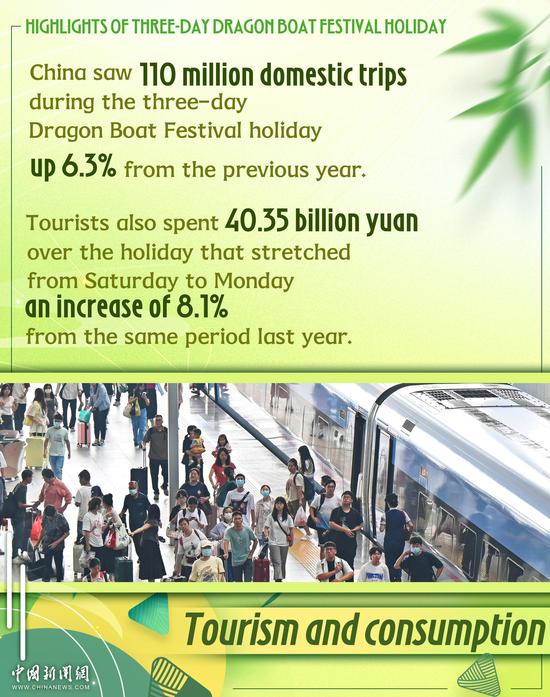


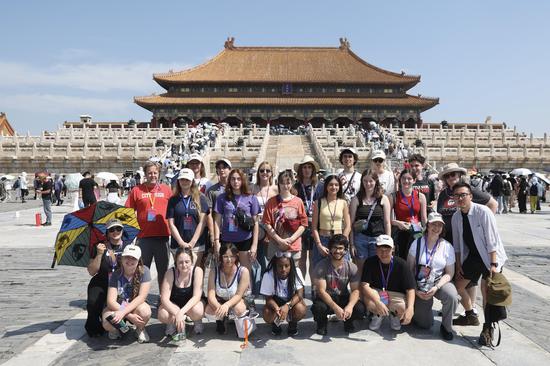







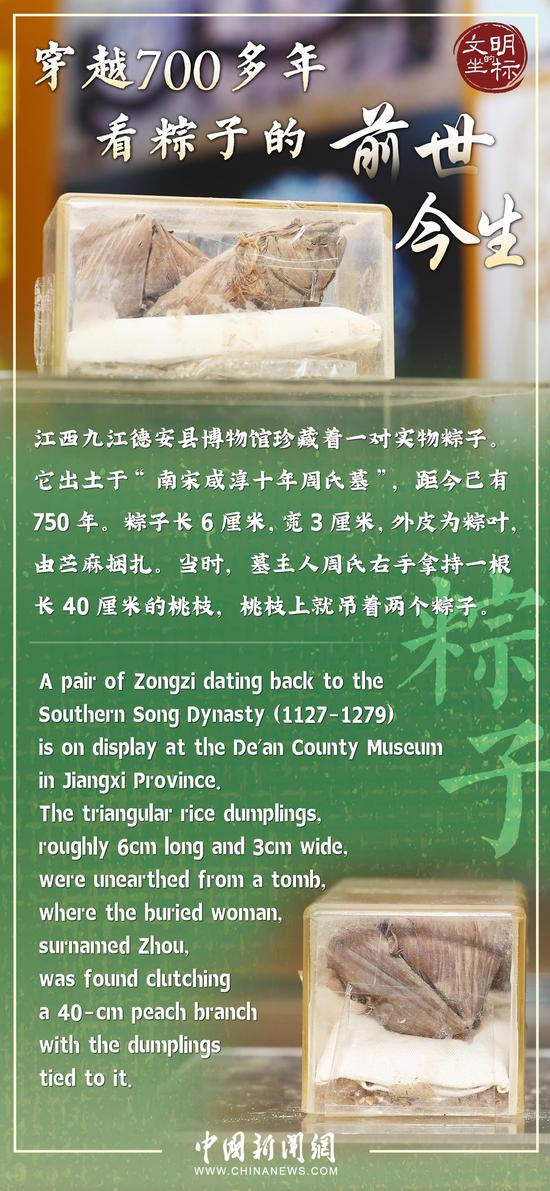




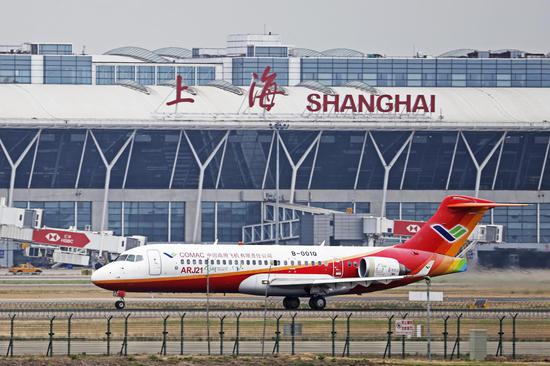



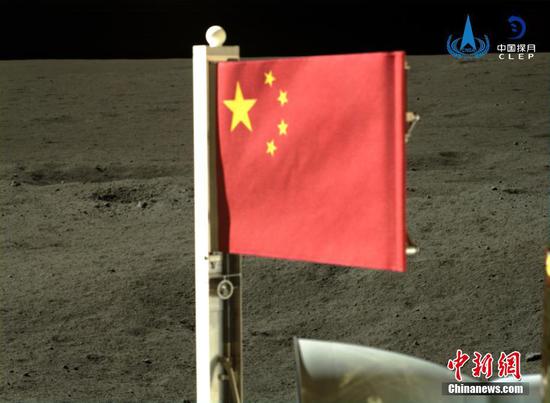






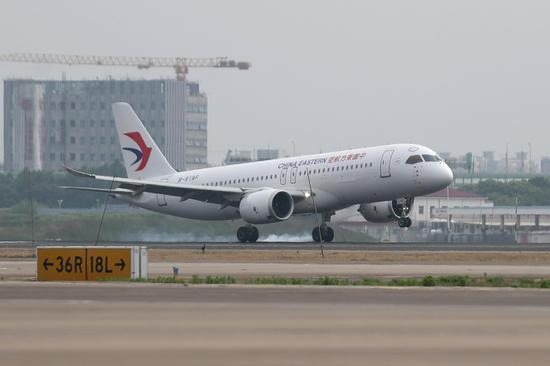




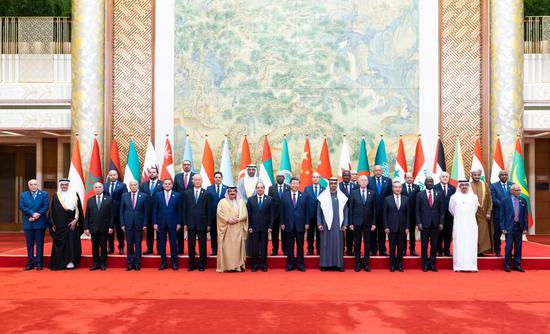





 京公网安备 11010202009201号
京公网安备 11010202009201号